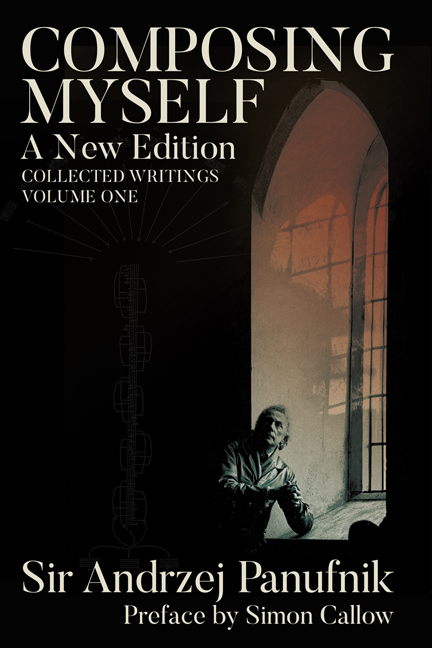Summary
Over the next few months, Warsaw slowly resumed a semblance of life. Shops selling necessities gradually reopened. A few cafés and restaurants were also permitted to trade, some of them newly built; they displayed a brave façade of elegance, with society ladies working as cooks and cashiers; the waitresses were beautiful girls, also often from aristocratic families.
The city's transport system had changed its appearance drastically. Without petrol, cars and taxis had disappeared. But the red electric trams started to trundle again through the streets, the front seats reserved for the Germans. The tram conductors would pocket our money, usually without issuing tickets, intending later to share out their profits with the driver and controllers; cheating the occupying forces was a patriotic duty, so we did not demur. Away from the tram routes, it was sometimes possible to find a dorożki, a shabby old carriage drawn by a painfully undernourished horse. The only other form of taxi was a home-made rickety rickshaw. Desperate for some sort of a living, people had converted old bikes into tricycles; the passengers were hunched uncomfortably in a cramped double seat over two front wheels. The driver provided pedal-power from behind. Only once, when late for an appointment, did I ride in a rickshaw. It was distressing to hear the driver gasping for breath behind my neck. I felt sure that he must be damaging his health, so I gave him the full fare we had agreed, but finished the journey with my own foot-power.
The ways that people earned their living in Warsaw at this time often bore no relation to the profession for which they had originally trained. Highly qualified engineers, doctors, artists, schoolteachers and university lecturers became door-to-door salesmen, touting sausages, tobacco, underwear, or anything else they could find to sell for a modest profit.
Professional musicians of high calibre were to be heard playing in the streets for a pittance. Sometimes they gathered together in ensemble. Once I heard a whole orchestra, so excellent that I stopped to investigate. The conductor was none other than my teacher from the Warsaw Conservatoire, Professor Major Śledziński, who had shown me kindness and understanding when I was struggling in the grips of National Service.
- Type
- Chapter
- Information
- Composing Myselfand Other Texts, pp. 136 - 151Publisher: Boydell & BrewerPrint publication year: 2023

